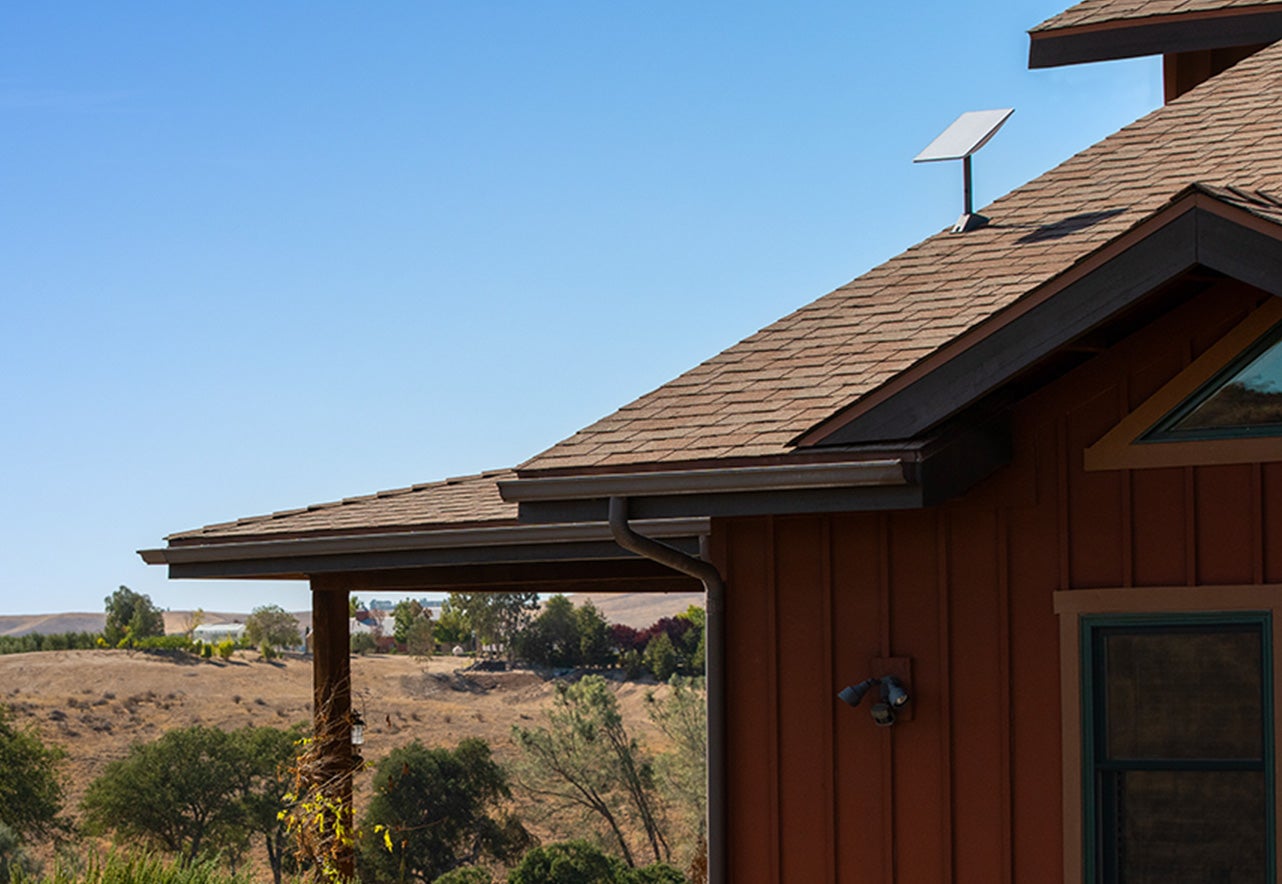Latest News

Starlink on a residential home. Photo: SpaceX
The FCC reaffirmed its 2022 decision to cancel Starlink funding for the Rural Digital Opportunity Fund, in an order issued Tuesday. Both Republican FCC Commissioners Brendan Carr and Nathan Simington issued dissents, and SpaceX said it “vehemently” disagrees with the decision.
At issue was the FCC dropping Starlink internet service from the first phase of the Rural Digital Opportunity Fund, which subsidizes internet service in rural areas. The FCC initially awarded SpaceX $885.5 million over 10 years to connect more than 600,000 sites in 35 states. Then in August 2022, the FCC canceled SpaceX’s funding after the Wireline Bureau determined the constellation “failed to demonstrate” that it could deliver the service that was promised. SpaceX appealed the decision in September 2022.
The FCC said in a Dec. 12 statement it reviewed the Wireline Bureau’s decision to pull funding and “concluded that Starlink is not reasonably capable of offering the required high-speed, low latency service throughout the areas where it won auction support.”
The FCC’s decision has a fair amount of redactions, but indicates there were issues with how to evaluate a system that is in the process of being built. The FCC acknowledged there was some initial skepticism that Low-Earth Orbit (LEO) satellite systems would be able to offer low-latency service, but that was not the basis for the decision.
One issue was Starlink speeds. The FCC used Ookla speed tests from 2021 and 2022, which reportedly showed declining download and upload speeds. SpaceX took issue in the appeal with the speed tests and argued the system would be able to meet the required speeds of 100/20 Mbps by 2025, when RDOF commitments start.
The FCC pointed out that there is no existing data that can show what Starlink speeds will be in 2025, and no other LEO satellite networks offering widespread service.
The FCC also affirmed the Wireline Bureau’s concerns about the Starship rocket. SpaceX has said Starship will deploy the second generation of Starlink satellites, but the rocket has not yet been proven. The FCC said there are concerns that the uncertainty of future Starship launches could impact the ability to meet RDOF obligations.
“The agency has a responsibility to be a good steward of limited public funds meant to expand access to rural broadband, not fund applicants that fail to meet basic program requirements,” Chairwoman Jessica Rosenworcel said in a statement, adding that this decision came after a careful legal, technical and policy review.
Commissioner Carr disagreed with the FCC’s reasoning on speed tests, saying the FCC made up an “entirely new standard of review that no entity could ever pass.” Carr argued that Starlink is not obligated to be able to provide that level of service today, and award winners have never been required to meet a standard years in advance.
“The FCC is purporting to make a prediction about the trajectory that Starlink’s LEO system is on, but it is not using any evidence that is tailored to making such a prediction,” Carr wrote. “Comparing speed test snapshots from two, cherry-picked moments in time and using those to predict how Starlink would likely perform years down the road and at particular U.S. locations is not a credible methodology.”
Carr also pointed out that the Department of Defense has confidence in Starlink and awarded SpaceX a large contract for a military adaptation of Starlink known as Starshield.
SpaceX submitted a response to the FCC, saying the company is “deeply disappointed and perplexed” by the decision. Overall, SpaceX said the FCC ignored its ability to quickly expand and upgrade its network, and the company is rapidly expanding the number of satellites and the capabilities of the satellites.
At this point, SpaceX argues it has the ability to provide service to its RDOF locations at the required speeds, while other program winners are asking for extensions.
“Starlink can now provide service to more people in more U.S. locations than any other satellite internet service provider,” Christopher Cardaci, vice president of legal said in the filing for SpaceX. “This year alone, Starlink has nearly doubled the number of Americans on the network. Starlink can already provide high-speed, low-latency service in otherwise unserved locations within days of a customer placing an order, an outcome that no other RDOF winner can come close to matching.”
Cardaci argued the FCC’s decision goes against the goal of bridging the digital divide.
“Starlink is arguably the only viable option to immediately connect many of the Americans who live and work in the rural and remote areas of the country where high-speed, low-latency internet has been unreliable, unaffordable, or completely unavailable, the very people RDOF was supposed to connect,” he wrote.
Get the latest Via Satellite news!
Subscribe Now